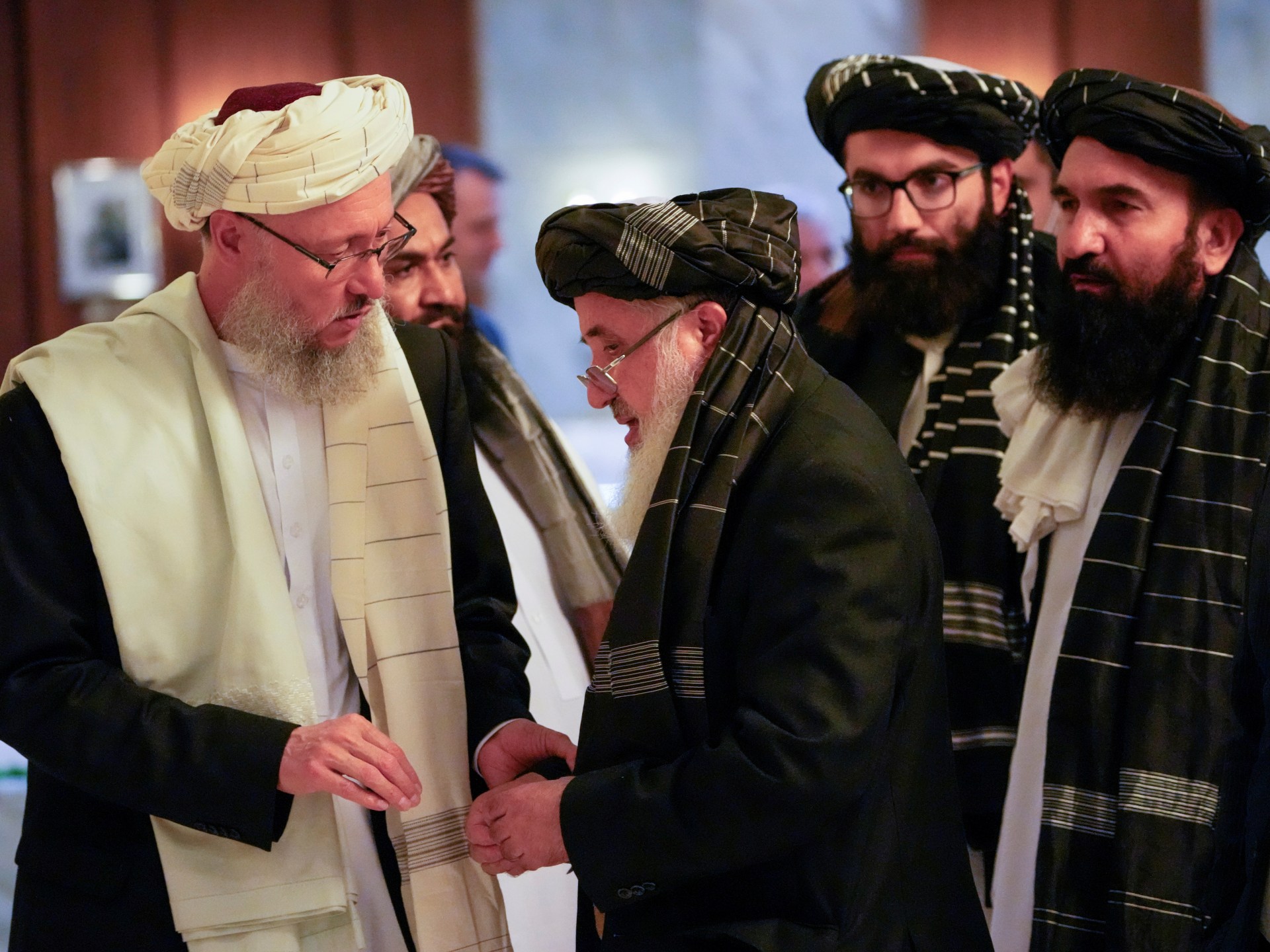On November 16, 2022, the fourth meeting of Moscow coordination meetings hosted by Russia was held in the search for a solution to the Afghanistan problem. Representatives from China, Pakistan, Iran, India, Kazakhstan, Kyrgyzstan, Tajikistan, Turkmenistan and Uzbekistan attended.
In his report published by the Turkish "Ankara Center for Political Research" website, writer Doğan Başaran said that the countries of the region and the countries participating in the meeting seek to reach a unified position on recognizing the Taliban or not.
That the Taliban were not invited to this meeting is a significant development, given that they were represented at the summit on October 20, 2021.
list of "terror"
The writer mentioned that Russian President Vladimir Putin had previously announced the possibility of excluding the Taliban from Russia's list of terrorist organizations, in a move that was interpreted as Moscow preparing to recognize the Taliban administration.
But not being invited this time suggests that Russia may have changed its attitude toward the Taliban.
The statement issued by the Russian Foreign Ministry after the summit said that the participating countries expect the formation of an inclusive government in Afghanistan.
This means that the actors are not inclined to recognize the Taliban, at least in the current situation.
The Special Envoy of the Russian President to Afghanistan, Zamir Kabulov, indicated that the Taliban's refusal to invite the meeting is an important message from the countries of the region and reveals the change in the Kremlin's policy towards Afghanistan.
Doğan Basaran pointed out that the main issue that concerns the countries of the region and Russia is the fragility of the regional security environment.
Regional countries believe that the instability in Afghanistan could result in the so-called "domino effect" of extremism and terrorism, reaching China through the Wakhan Corridor and spreading to Central Asia and from there to Russia.
He added that Russia's position on the Taliban is based on its feeling that it is compelled to remain part of this effort to take a unified stance, especially since Moscow has been criticized by many countries in the region because of the Ukraine war, as it appears that it does not control matters.
In these circumstances, the Kremlin realizes that it may not be able to shoulder the burden of developing an Afghan policy that is different from the countries in the region.
For this reason, Moscow changed its rhetoric towards the Taliban.
The writer explained that Russia believed that by showing its willingness to recognize the Taliban movement, it could convince the active players in the region of its influence on Afghanistan's politics, but now it no longer wants to focus its attention and energy on this country.
However, Russia is still keen to try to keep this initiative in its orbit by continuing to organize meetings and summits under its coordination.
In other words, the Kremlin would like to maintain its influence in the region without much effort.

